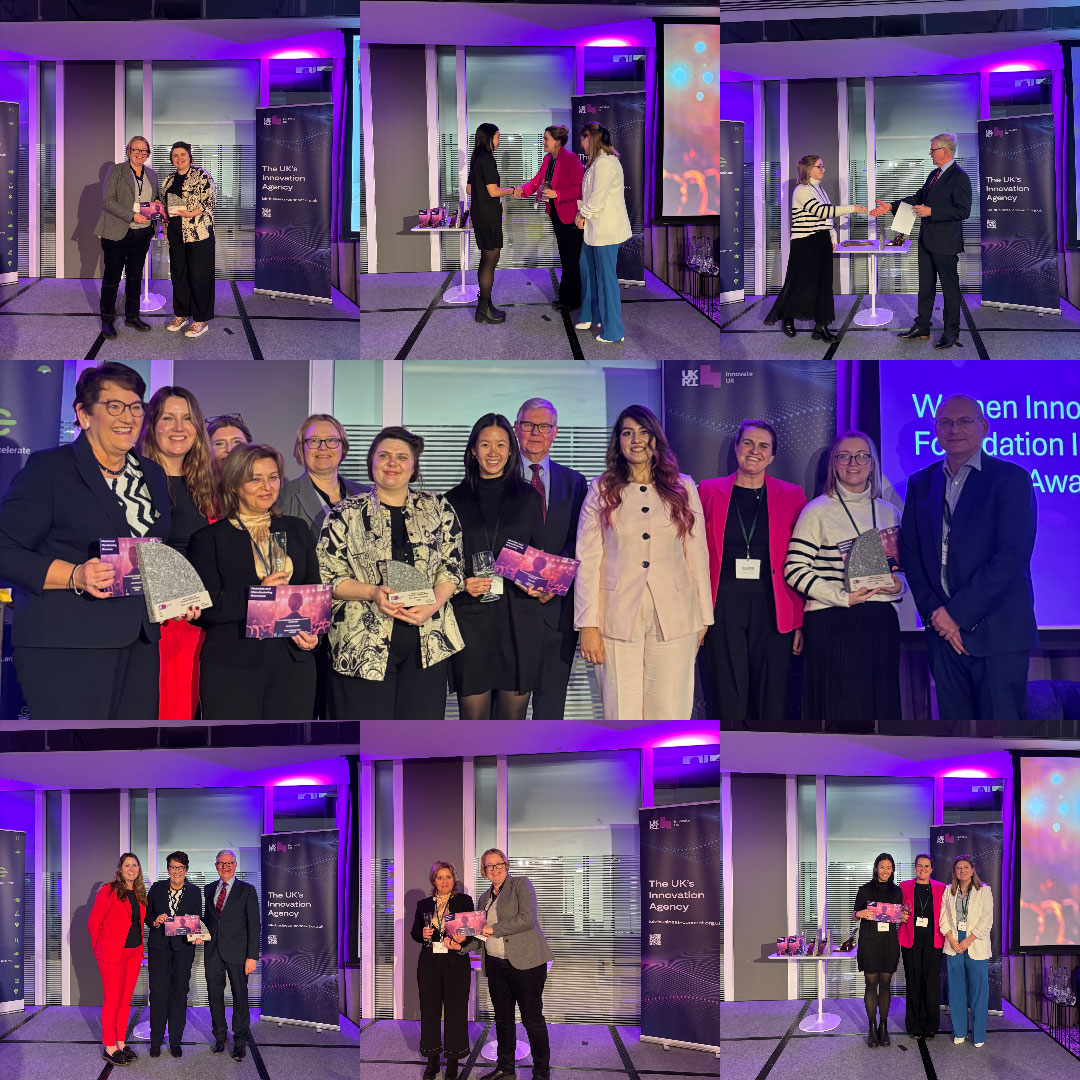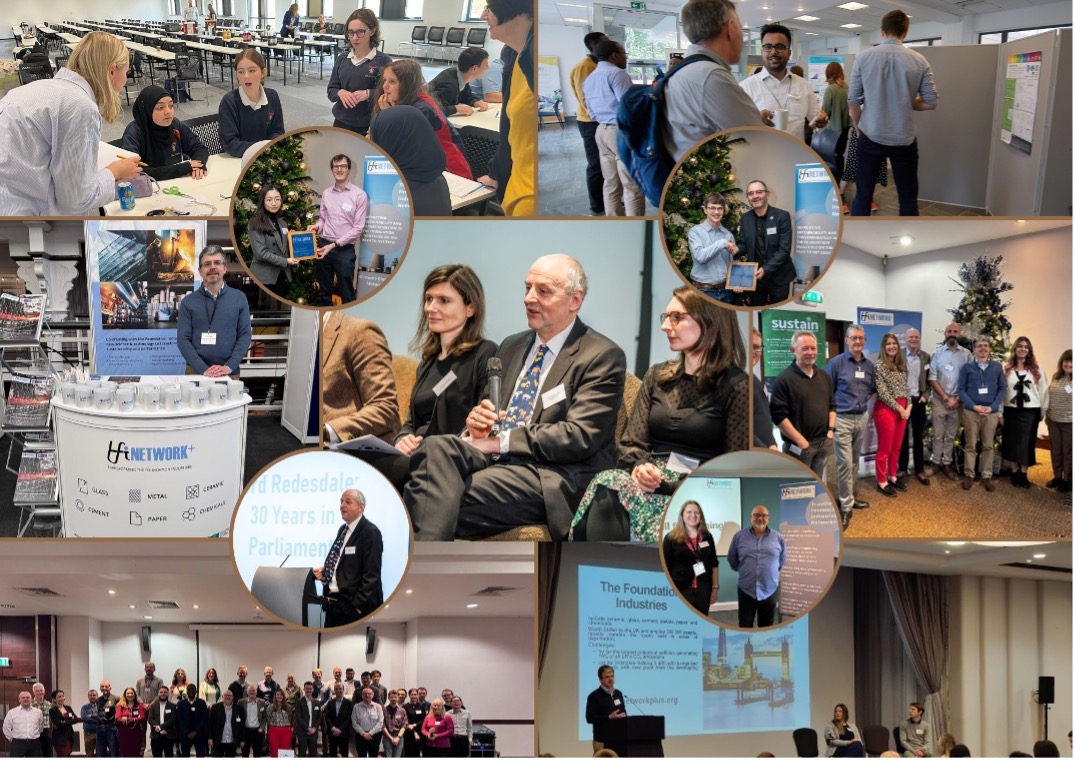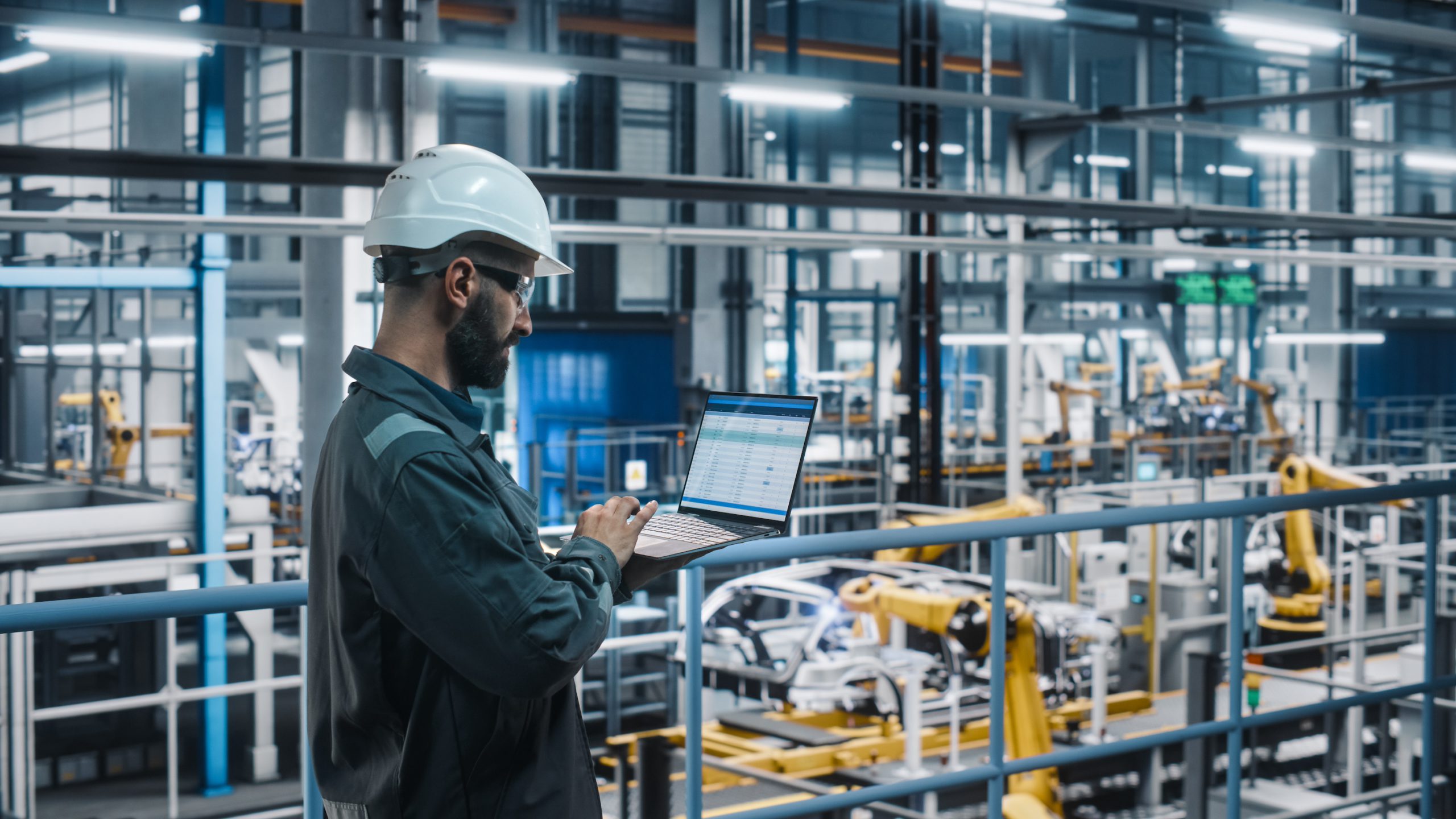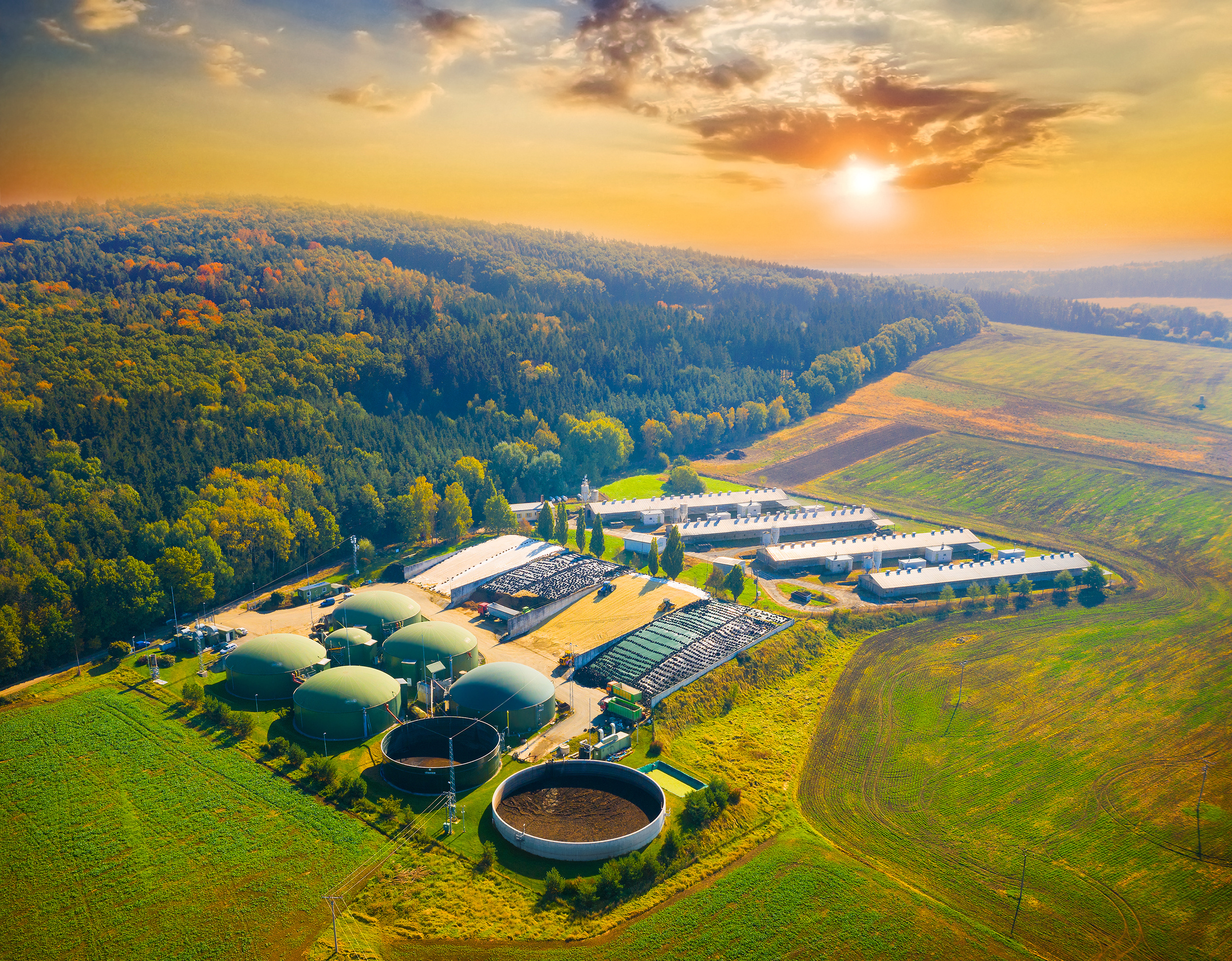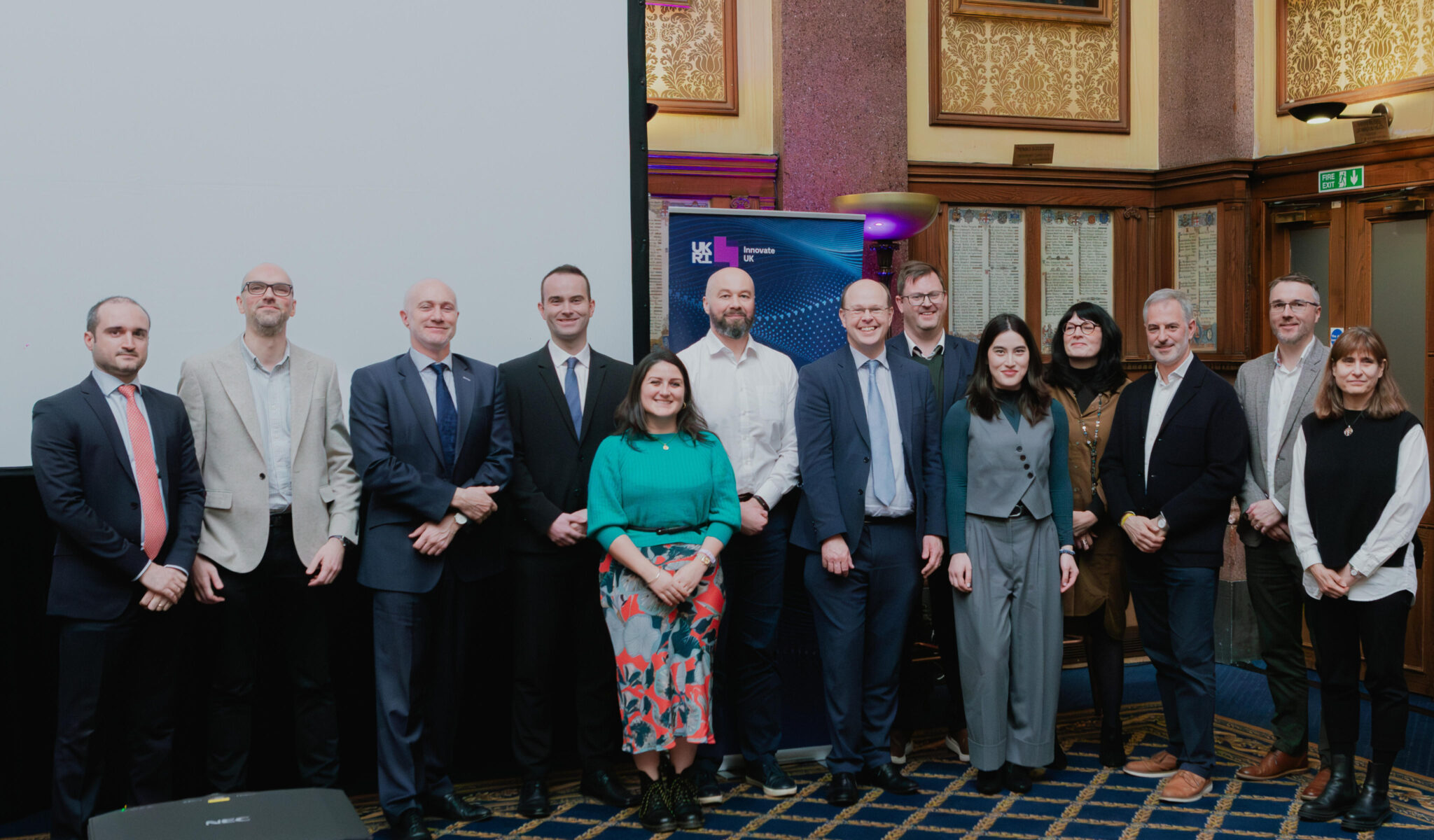Foundation Industries
Situated in our industrial heartlands, these sectors include metals, ceramics, glass, chemicals, paper and cement, producing 28m tonnes of material per year, and are worth £52bn annually to the UK economy.
Foundation Industries
|Experts
|Funding Opportunities
|Case Studies
|Events
|News
|Perspective
|Programmes
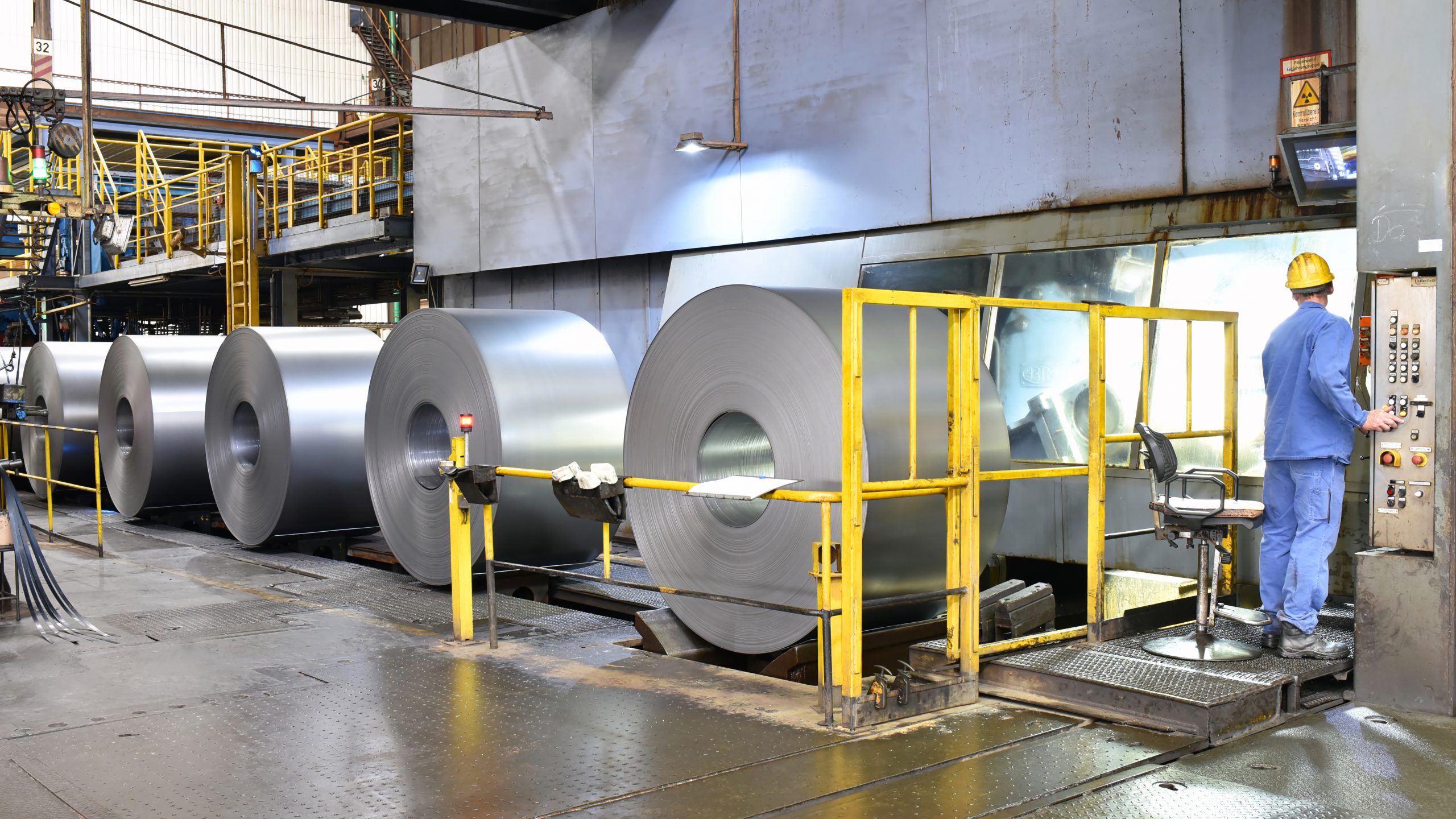
The Foundation Industries produce 75% of the materials we use on a daily basis, therefore are critical to our way of life. In the UK, the foundation industries produce 28 million tonnes of materials per year, but in doing so are by far the UK’s biggest industrial polluters: around 50 million tonnes of CO2 per year, or 10% of the total CO2 emitted by UK homes and businesses. If we are to meet our Net Zero commitments, transformational change is needed by these industries in how materials are sourced and processed, and the types of products manufactured. Developing a resource and energy efficient foundation industry will also help anchor production in the UK through increased competitiveness.
Transforming foundation industries
UKRI’s Transforming Foundation Industries (TFI) Challenge, delivered by Innovate UK, EPSRC and ESRC is a £66 million programme helping the UK’s foundation industries (cement, metal, glass, chemicals, paper and ceramics sectors) become internationally competitive, secure more UK jobs and grow in an environmentally sustainable way.
Since it’s inception in 2020, the TFI Challenge has led transformational cross-sector collaboration within these industries, and the broader community, to address the fundamental challenges they face now and in the transition to net zero.
Funding cross-sector collaborative projects
The TFI Challenge has funded a series of targeted competitions, leading to over 70 cross-sector projects addressing resource and energy efficiency. Each project is different, but they share a common vision: by innovating and collaborating, communities, businesses and investors can unlock the potential of the Foundation Industries in the UK and create new materials and processes to ensure a sustainable future. Contact one of the team, below, if you would like to know more about any of these initiatives.
Fostering talent and skills
New and diverse skills and people are needed to deliver the transformation of these industries. To address this need, the TFI Challenge has created new networks (including the Future Leaders group and Women Innovators in Foundation Industries), industry focussed training and early career research funding to develop the future leaders. Through Hackathon style events, students in design, science and engineering have been brought together to make lasting connections and encourage new approaches to grand challenges.
Read the report – Forging a sustainable future
Follow us on LinkedIn
Our Experts
Related Opportunities
Advanced manufacturing supply chain innovation: feasibility studies
Opens: 02/02/2026 Closes: 11/03/2026
Up to £100k per project for feasibility studies to make supply chains more resource efficient and resilient through addressing cross cutting challenges.
More Information
Eurostars call for projects – call 10, closing March 2026
Opens: 16/01/2026 Closes: 19/03/2026
Up to €360,000 for SMEs performing innovative R&D as part of a consortium with one or more organisations from other Eurostars countries.
More Information
European Innovation Council: Pathfinder, Transition, and Accelerator 2026
Opens: 01/01/2026 Closes: 28/10/2026
Funding opportunities worth over €1.4 billion for strategic technologies and scaling up companies, with grants of up to €4m.
More Information
Related Events and Recordings
Related Perspectives
Related programmes

Women Innovators in the Foundation Industries
A community of professionals and organisations who advocate and champion for the women in innovation in the Foundation Industries. The WINFI vision is to increase the number of women innovators in the Foundation Industries to help us to deliver industry’s 2050 vision.

Next-generation low-carbon concrete Advance Market Commitment
Harnessing the power of collective demand to accelerate concrete decarbonisation.

Resource Efficiency for Materials and Manufacturing (REforMM)
The programme aims for the UK to be a leader in resource efficiency with organisations understanding the environmental, social and economic impact of the full lifecycle and thriving from adoption of resource efficient solutions which are fundamental to UK and global Net Zero ambitions.





